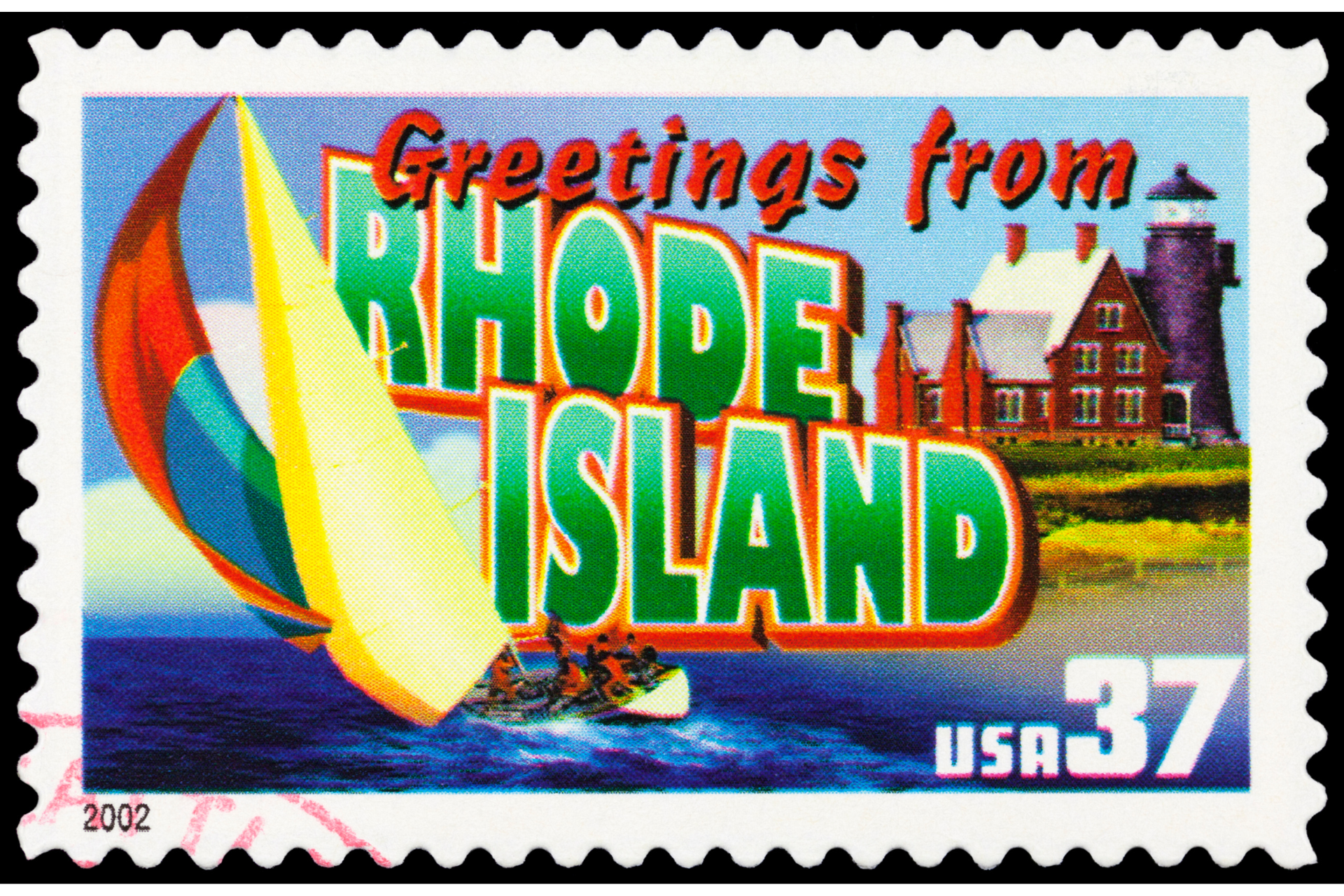In an article entitled “Puerto Rico’s Colonial Economy,” Arthur Macewan argues that colonial status is not generally a good foundation for economic progress — and that this aspect of Puerto Rico’s “economic mess” is being ignored by much of the media attention Puerto Rico has received.
Colonies, Macewan says, are run for the benefit of the mother country, not for the benefit of the colony. That’s the nature of the colonial relationship.
Speaking of Section 936, for example, the program that allowed Puerto Rico to give generous tax breaks to U.S. manufacturers who located some small part of their companies in Puerto Rico, Macewan points out, “This program was portrayed as a job creator for Puerto Rico. Yet… it cost the U.S. government on average more than $3.00 in lost tax revenue for each $1.00 in wages paid in Puerto Rico.” Manufacturers were the beneficiaries, not Puerto Rico or its people.
But Puerto Rico has enthusiastically participated in tax breaks for U.S. companies and investors, rather than encouraging local industry. Macewan says this is the colonial relationship at work. Puerto Rican entrepreneurs pay higher taxes and higher utility costs than small businesses on the mainland, and do not benefit from the tax breaks offered to wealthy investors from the mainland. This fails to motivate the technological improvements and skilled workforce that could grow under more favorable conditions. “Moreover,” says Macewan, “government policy and decisions by investors tend to be short-sighted, failing to build the foundation for long-term economic progress. The poor condition of the public schools and the weak physical infrastructure are examples of the consequences.”
The lack of a plan focusing on sustainable economic growth, Macewan argues, is what led to the heavy government borrowing and the deep recession which brought Puerto Rico to its current difficult position.
Some solutions put forward for Puerto Rico’s debt crisis have included ideas like bringing back the tax breaks or lowering the minimum wage are based on the idea of a dependent island economy, not on building a strong and sustainable economy for the future. While some may claim that Puerto Rico is in the position of a dependent being supported by the United States with generous provisions of federal funds, Macewan gives data that shows this is not the case:
[I]f states are ranked in terms of their “net receipts” per capita from the federal government—that is, funds received from the federal government minus federal taxes—in a typical year about one-third of the states rank above Puerto Rico (though the number varies somewhat in different years). In 2010, for example, West Virginia received $8,365 per capita more in federal expenditures than were paid from the state in federal taxes; Kentucky $7,812 more; Vermont $6,713 more; and Alaska and Hawaii topped the list with $11,123 per capita and $10,733 per capita more respectively from the federal government than they paid to the federal government. That year Puerto Rico received on net $4,697 per capita.
So the dependent position is a drawback for the Island, not a benefit. Macewan concludes that no temporary tactics will solve the problem — and that we should not hope to find some that will:
The current colonial status, in addition to its negative economic impact, involves a fundamental violation of human rights and democracy. Puerto Ricans should be given a clear choice between independence and statehood; maintenance of the current colonial status (or a somewhat different colonial status that has some support) should be off the table. Beyond the interests of the Puerto Ricans, how can those of us in the states make a claim to democracy while we hold Puerto Rico as our colony?



Now it’s the time to decide the status of this beautiful island. Puertorricans together fighting for equal rights now . Statehood 51